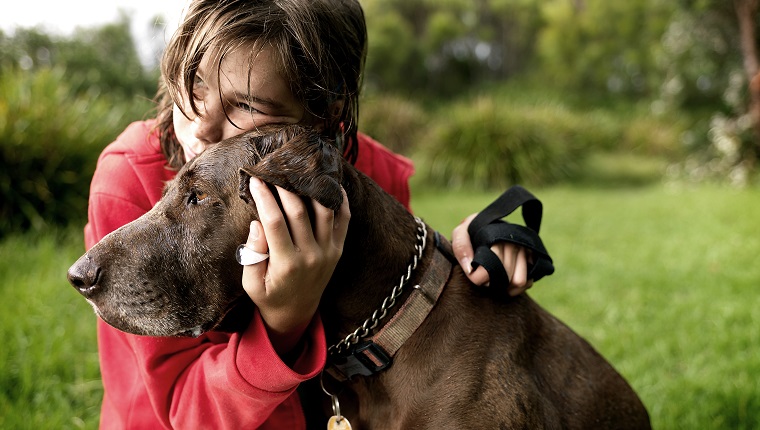Anemia due to chronic kidney disease (CKD) in dogs is a condition that develops when the kidneys cannot produce enough of the hormone erythropoietin, which in turn results in the bone marrow failing to produce enough red blood cells.
This type of anemia can affect canines of all ages, but it most commonly appears in senior and middle-aged dogs. In general, it is best to treat it at an early stage because the chances of full recovery lessen as the condition progresses.
If you see signs that your dog might be suffering from anemia, then you must consult your veterinarian for a proper diagnosis and course of treatment. Here’s what you should know about the symptoms, causes, and treatments of anemia due to CKD in dogs.
Symptoms Of Anemia Due To Chronic Kidney Disease (CKD) In Dogs
Anemia due to CKD in dogs is a condition that can bring on a wide and varied range of symptoms. Some of the most common symptoms include:
- Drinking too much water
- Urinating very frequently
- Losing weight
- Losing appetite
- Increased heart rate
- Acting lethargic
- Increased rate of breathing
Causes Of Anemia Due To Chronic Kidney Disease (CKD) In Dogs

There are a range of causes of anemia due to CKD in dogs. Some of the most common causes include:
- Infection (via parasite, virus, or bacteria)
- Iron deficiency
- Congenital condition
- Diabetes
- Kidney stones
- Hereditary conditions
Treatments For Anemia Due To Chronic Kidney Disease (CKD) In Dogs
If you suspect that your dog might be developing anemia due to CKD, your veterinarian will want to carry out a full physical examination. The vet will also take blood work and a urine sample, and they’ll evaluate both to look for signs of how effectively the kidneys are working.
Additionally, the vet may order an examination of the bone marrow to look for signs of anemia, along with possibly X-rays and ultrasounds of the kidneys.
When it comes to treatment, vets often top up the levels of the hormone erythropoietin. They may also order a blood transfusion, along with increasing the level of iron in the dog’s body.
Unfortunately, a full recovery from anemia due to CKD is rare; although, lifestyle changes, such as adapting a dog’s diet and prescribing medication, can help in the short term.
As ever, if your vet prescribes a course of medication for your dog, it’s vital that you stick to the correct dosage and frequency and complete the full course of medicine.
Have you ever had a dog who developed anemia due to CKD? How did your vet help your canine deal with the condition? Tell us all about it in the comments below.









